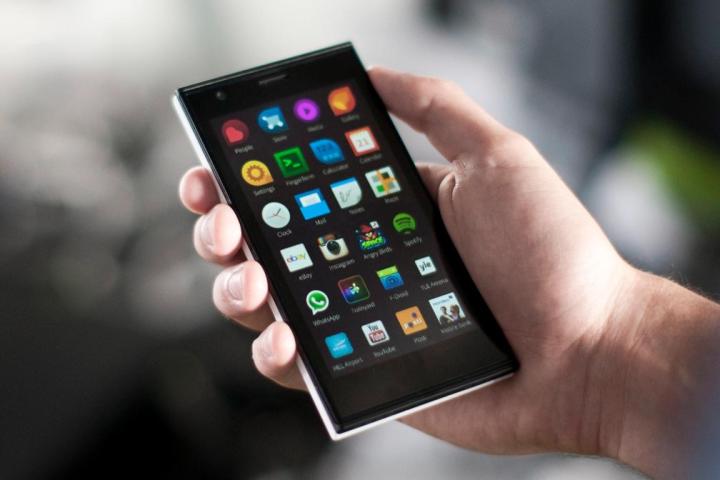
The Finnish company’s Sailfish OS has been certified in Russia for corporate and government use, according to TechCrunch. This follows earlier news that a new Russian company called Open Mobile Platform (OMP) has licensed the use of Jolla’s Sailfish OS to develop “a whole new operating system for domestic markets in Russia.”
Sailfish OS has an advantage over other failed mobile operating systems — it is compatible with Android apps, and so its adoption has the potential for greater success. Still, it has yet to make a mark in the consumer space. TechCrunch reports that the company is focusing on these kinds of business-to-business licensing strategies rather than attempting to reach consumers with new devices.
Although the government isn’t using Sailfish OS, the Russian company OMP will work with the Finnish company to create a “Sailfish version for Russia.” Jolla will work with its licensing partners to create variations suited to its partners’ needs — but the core code will still remain the same.
The company maintains that Sailfish OS is still independent and open, and that the collaboration with Russia is a pilot program. If successful, the company will extend the program to other interested countries looking for an alternative to dependence on Android and iOS — TechCrunch says Jolla is in currently talks with the Chinese and South African governments.

